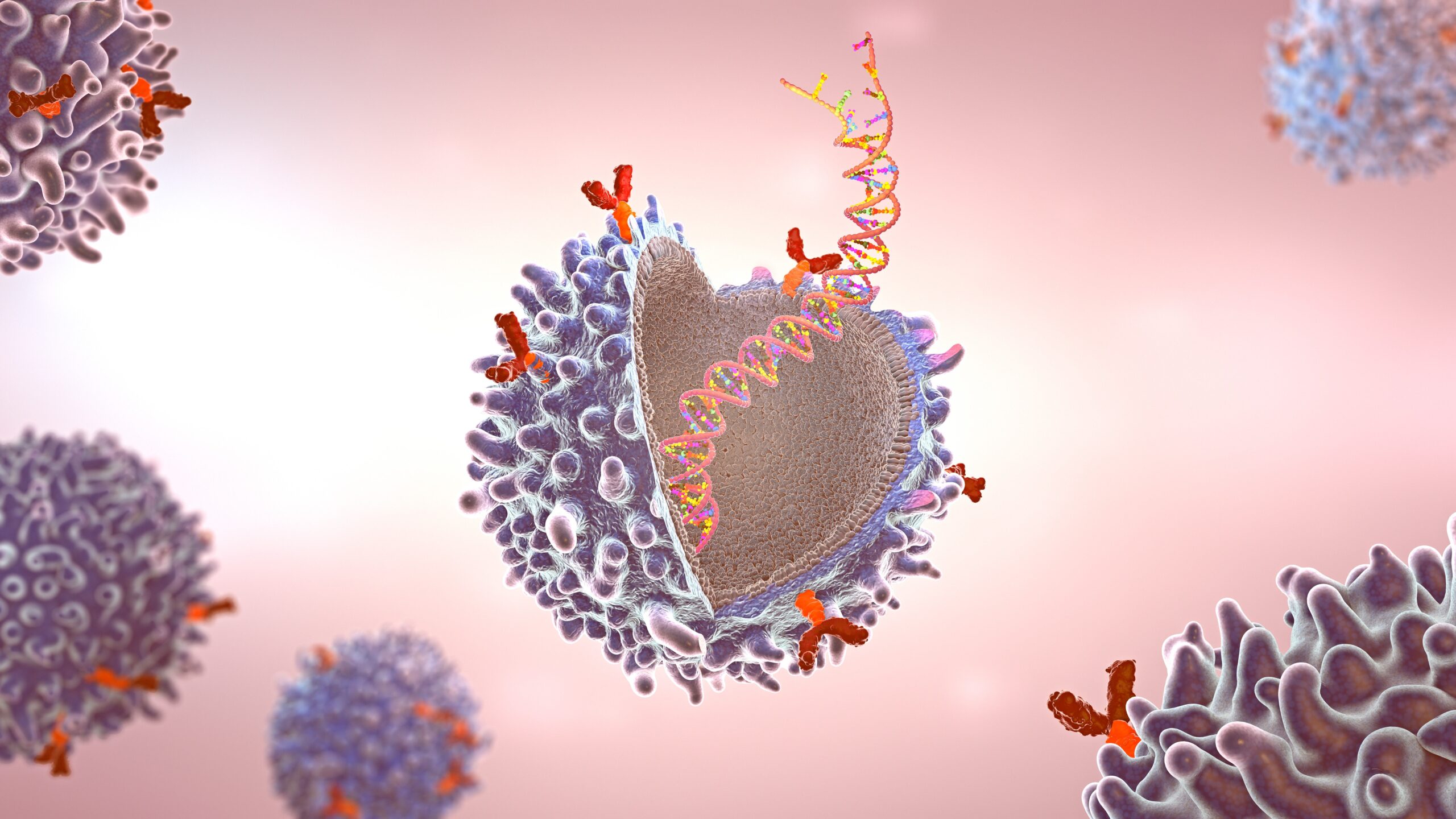What Is the Outlook for T-Cell–Engaging Interventions for Lymphoma Management?
By Nirav Shah, MD, MSHP, Andrew Moreno - Last Updated: April 15, 2025Nirav Shah, MD, MSHP, is an associate professor of medicine in the Hematology and Oncology Division at the Medical College of Wisconsin. He recently presented at the International Ultmann Chicago Lymphoma Symposium (IUCLS) on T-cell–engaging therapies for lymphoma and spoke on this subject with Blood Cancers Today.
According to Dr. Shah, T-cell–engaging bispecific antibodies have considerable promise for lymphoma management, having demonstrated durable response even in disease resistant to several prior interventions. Regarding epcoritamab and glofitamab, these agents have already been approved by the FDA for third-line care in lymphoma, and their potential for use in earlier lines is now being explored.
“We saw this past year that there was a lot of second-line data that came out for both glofitamab and epcoritamab, giving it in combination with chemotherapy as a second-line therapy, and we anticipate there’ll be some approvals in the near future,” Dr. Shah explained.
Dr. Shah also mentioned that certain novel T-cell engagers have shown encouraging data. He specifically cited a CD19/CD3-engaging agent, which has shown efficacy even for B-cell malignancies resistant to CD19-based chimeric antigen receptor T-cell therapy, and an antibody in development that targets the B-cell–activating factor antigen.
“I think the future of this modality is very bright and that these are going to be a mainstay treatment for patients with B-cell lymphomas for years to come,” Dr. Shah concluded regarding the T-cell–engaging agents.






 © 2025 Mashup Media, LLC, a Formedics Property. All Rights Reserved.
© 2025 Mashup Media, LLC, a Formedics Property. All Rights Reserved.